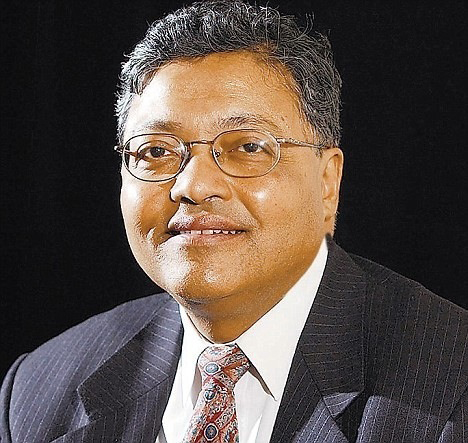In the last few weeks, readers of the sports pages of British newspapers may have been forgiven for thinking we are facing another American revolution. Having given the distinct impression that they had joined a new order of sporting Trappist monks on crossing the pond, American owners of English clubs have suddenly become as voluble as teenagers let out of school. Or at least two very prominent owners have.
Yet what they have said shows that there is still a vast gulf between the old world and the new when it comes to sport. These American owners may own English clubs but they do not understand the particular culture of English football.
The American lack of openness in Britain has always been in stark contrast to their behaviour in their own country. There access to the media is on a scale unimaginable here or even in Europe. Reporters, even female ones, are allowed into the dressing rooms after a match. On the days leading up to the Super Bowl, players, officials and even the team owners readily make themselves available to the media. But in this country, American owners have been even more invisible than the British ones.
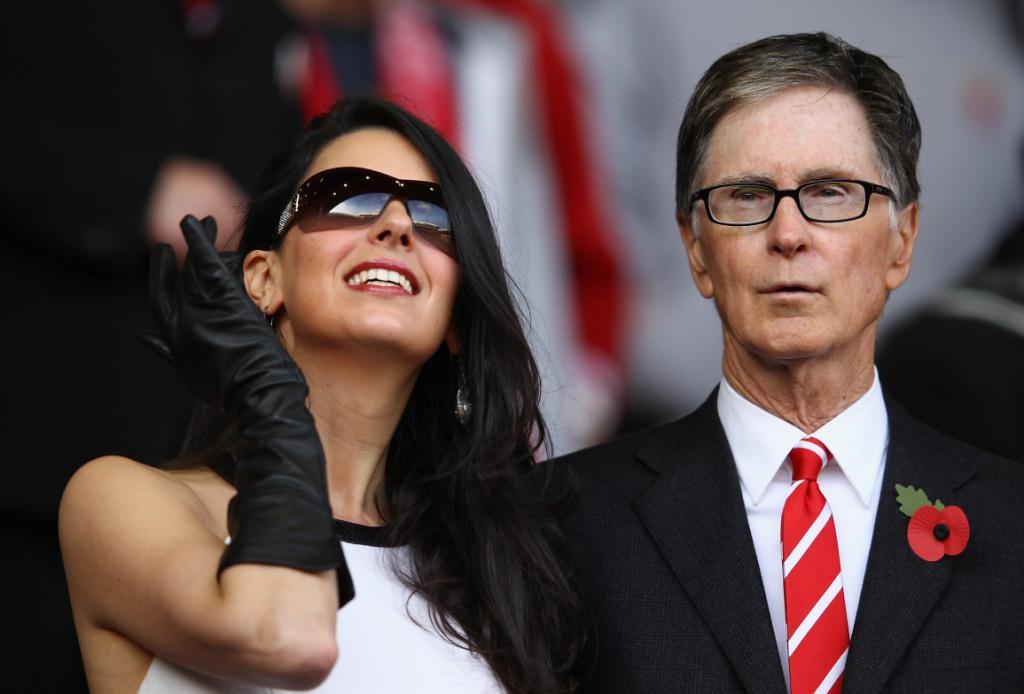
Then suddenly, in the space of a few weeks, we have had the Liverpool owner John W Henry (pictured) giving unprecedented access to the British press and, even more wondrous, Stan Kroenke, who had lived up to his nickname of Silent Stan ever since he joined the Arsenal Board, revealing that he had a tongue. From a face that seemed to have been taken from a silent movie poster, Stan suddenly had something to say.
The motives that drove these two Americans to speak were, it must be said, very different.
Liverpool’s principal owner, Henry, knows he needs to raise money. He is far from a Roman Abramovich or a Sheikh Mansour and has not brought the wealth of the new world to Anfield. His American marketing men can look at ways of generating more from the Liverpool brand but there are limitations. Hence his managing director Ian Ayre’s comment that the £1.4 billion Premier League overseas television income, now shared equally by all 20 teams, should be distributed according to the popularity of individual teams. Ayre could not have put it more clearly: “If you’re in Kuala Lumpur, there isn’t anyone subscribing to ESPN to watch Bolton, or if they are it’s a very small number. The large majority is subscribing because they want to watch Liverpool, Manchester United, Chelsea or Arsenal.”
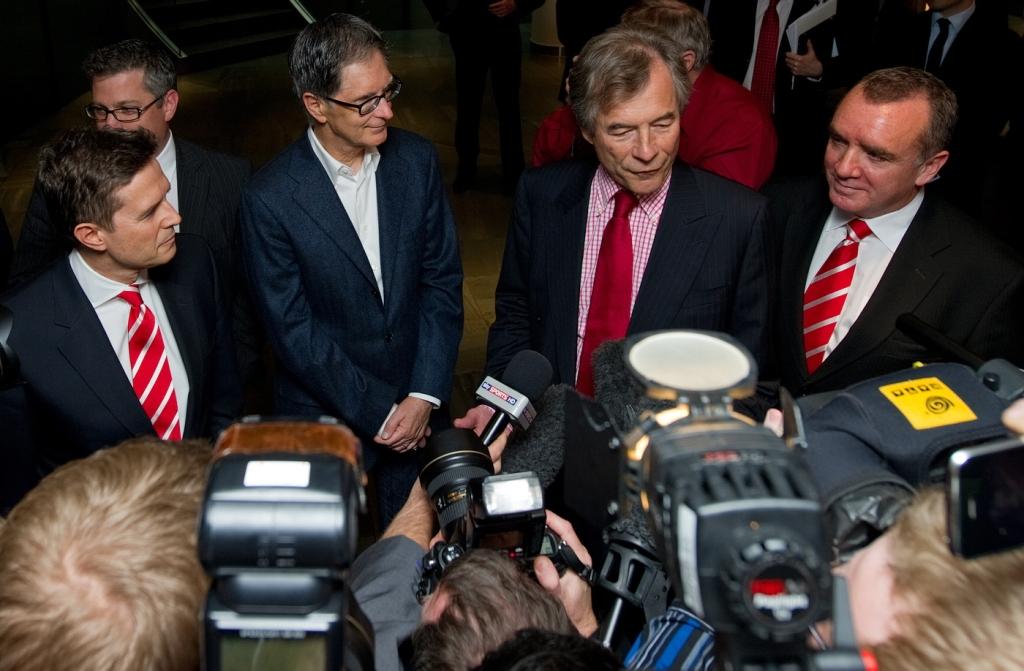
These comments quickly started a debate as to whether Liverpool wanted to have independent television negotiations, like Real Madrid and Barcelona in Spain. Although Ayre (pictured right) explained he was not quite that much of a revolutionary, the idea did not go down well. Bolton for a start was not amused, forcing Henry to contact Bolton Wanderers chairman, Phil Garside, to express his regret.
Arsenal do not have such need for money, having already moved to the Emirates. But Kroenke, despite the much advertised promises he made in the offer document when he took over the club, has not been accessible to fan groups. Clearly, he decided that his visit to London for the Arsenal annual general meeting recently was an occasion to put this right. His sudden decision to go public came about in what can only be described as a very Arsenal way.
Not for nothing has this club been known as the Kremlin of English football. Kroenke spoke after his AGM appearance that hardly showed the American at his best and did not go down well. He followed this by talking to Chelsea supporters as Arsenal played them at Stamford Bridge. The 40 minutes with the press came the following day at the Arsenal training ground. Would the American have granted this media access had the result at the Bridge not been Chelsea 3, Arsenal 5 but the other way round? I, somehow, doubt it.
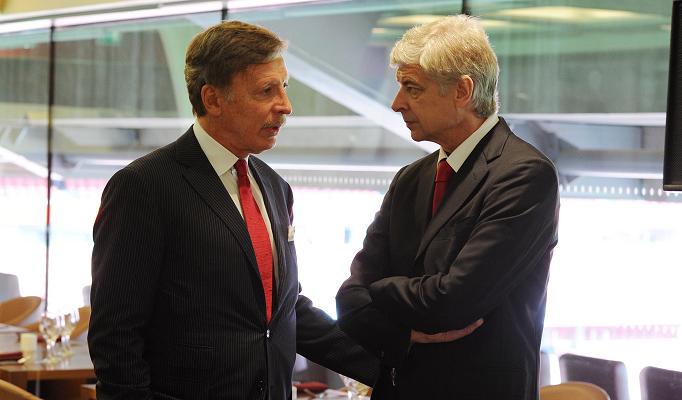
And even more than Henry, Stan (pictured left) did not give the impression that he had used his long period in the silent monastery to understand English football. So, when asked about relegation and promotion, he deferred the question to Arsène Wenger (pictured right) as if to suggest that he could not get over the American idea of no relegation. He also heaped praise on his fellow Americans the Glazers, wondering what the fuss among some of the Manchester United fans was all about. After all, had not United won great success under the Glazers?
The basic point that both these American owners have exposed is that they still don’t understand the fundamental difference between American and British sport. American owners do expect to make money from sport. But interestingly they success with a sporting socialist model: all the clubs have the same income. And in their leagues, be it baseball, basketball or American football, clubs operate as part of a chain of restaurants. All members of the chain have to do well. This explains why there have been so many winners of the Super Bowl and so few in the Premier League.
There is also greater disclosure in American sport regarding players’ salaries and transfers. But not much about owners and their private businesses. Many such businesses are registered in the state of Delaware, which does not believe in freedom of information on such matters. In contrast, while players’ wages and transfers are shrouded in mystery in Britain, searches in Companies House can reveal a great deal about a club’s financial status and about the owners.
Instead of sporting socialism, English football is rather proud of producing sporting dynasties. This was true even before the Premier League. Recall Huddersfield Town in the 20s, Arsenal in the 30s and the Liverpool dynasty through the 70s and 80s.
And the British do have their own concept of egalitarianism. Nothing expresses this better than the FA Cup, where in theory the lowliest of amateur clubs could win the trophy. True the last time it happened with Tottenham was at the beginning of the 20th century but even now the FA Cup has a sort of romance, a David and Goliath feel about it, that American sport just cannot provide.
What has disrupted the balance of English football is that, unlike America, which tightly controls who can own a club, this country does not. Neither Kroenke nor Henry could have bought an NFL club quite as easily as they did a Premiership one. To buy an NFL or a major league baseball club, the existing owners have to approve the newcomer. Anybody with money can walk in and buy an English club or, like the Glazers, borrow money to buy it.
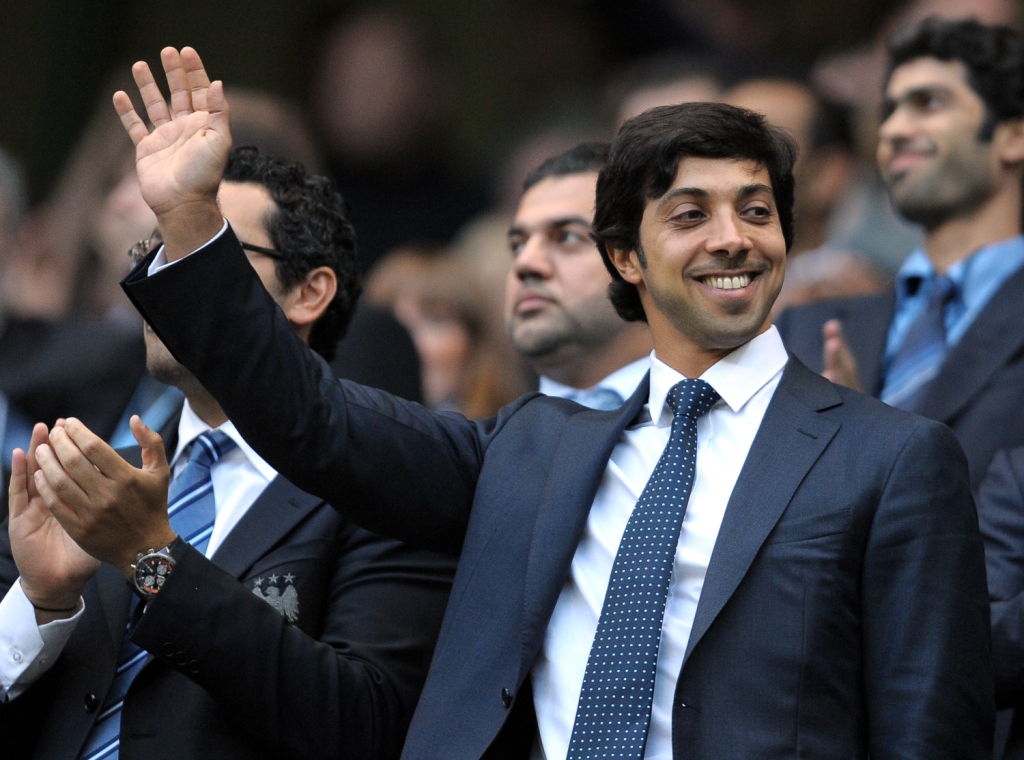
It is this that has created a major imbalance English football with foreign money leading to the rise of Chelsea and Manchester City. If Kroenke has studied his recent Arsenal history, he will have noted that the Arsène Wenger dynasty of Arsenal’s success which started in 1996 effectively came to an end in 2004, a year after Roman Abramovich bought Chelsea. The Chelsea dynasty, and even Manchester United’s, may now be coming to an end at the hands of Sheikh Mansour’s (pictured) men. Kroenke would have to lavish a lot of money on Arsenal to change that and there is nothing to suggest he has any such plans in mind. Henry and Kroenke are clearly trying to connect with the fans but unless they demonstrate an understanding of the particular English football culture they will fail to strike a real rapport with the fans. The gulf that separates the American and British sporting model will not be bridged.
Mihir Bose is one of the world’s most astute observers on politics in sport and, particularly, football. He formerly wrote for The Sunday Times and The Daily Telegraph, and was the BBC’s head sports editor. Follow Mihir on twitter.

